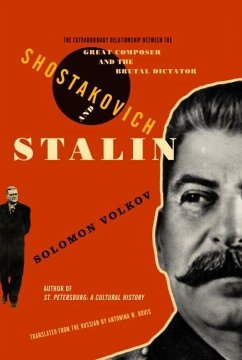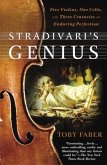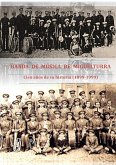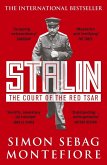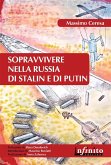"Music illuminates a person and provides him with his last hope; even Stalin, a butcher, knew that.” So said the Russian composer Dmitri Shostakovich, whose first compositions in the 1920s identified him as an avant-garde wunderkind. But that same singularity became a liability a decade later under the totalitarian rule of Stalin, with his unpredictable grounds for the persecution of artists. Solomon Volkov—who cowrote Shostakovich's controversial 1979 memoir, Testimony—describes how this lethal uncertainty affected the composer's life and work. Volkov, an authority on Soviet Russian culture, shows us the "holy fool” in Shostakovich: the truth speaker who dared to challenge the supreme powers. We see how Shostakovich struggled to remain faithful to himself in his music and how Stalin fueled that struggle: one minute banning his work, the next encouraging it. We see how some of Shostakovich's contemporaries—Mandelstam, Bulgakov, and Pasternak among them—fell victim to Stalin's manipulations and how Shostakovich barely avoided the same fate. And we see the psychological price he paid for what some perceived as self-serving aloofness and others saw as rightfully defended individuality. This is a revelatory account of the relationship between one of the twentieth century's greatest composers and one of its most infamous tyrants.
Dieser Download kann aus rechtlichen Gründen nur mit Rechnungsadresse in A, B, BG, CZ, D, DK, EW, E, FIN, F, GR, HR, H, I, LT, L, LR, NL, PL, P, R, S, SLO, SK ausgeliefert werden.

